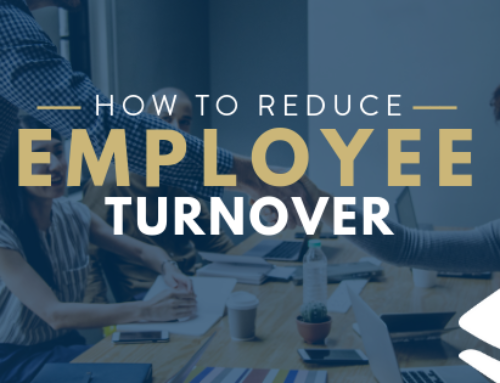There are many components to applying for a job. From a résumé, cover letter, online forms, and questionnaires, it can be exhausting trying to finalize all of the details. When a hiring manager asks for a reference (or three), that can seem like an added step that you aren’t prepared for, but references can make or break your chance at your dream job, so it’s important to give them the attention they deserve. Here are 6 tips to leverage your job references (and simplify the process) in order to land the job of your dreams.
Be prepared
There’s nothing worse than having to scramble for references. It’s better to assume that you’ll need references and be overprepared, than to need recommendations and have to struggle last-minute to make things work. Have a list of references in your back pocket so that you can easily pull out their names and contact information, when needed. If you’ve volunteered with someone for 5 years, even if you aren’t looking for a job or a new volunteer position, it’s ok to ask them if you could use them in the future. When you are filling out an online application and you arrive at a page asking for 3 references, you won’t have to delay your application, or worse, enter names that you hope will agree, without asking them first.
Give them the details
As important as it is to be prepared yourself, it’s equally (or even more) important for your references to be prepared. Tell each reference what job you are applying for, what the qualifications and requirements are, and what the company is looking for in a candidate.
With preparation, your references will be able to tailor their responses to the company’s preferred qualifications and focus on attributes that matter most to the job. If you don’t prepare them, you might end up with generic answers or responses that don’t pertain to the position. Be proactive, and before they ask, send them an email with job details, your résumé and cover letter, and any details about your relationship that would be important to remember such as dates you worked together on certain projects or which classes you took together at school. A friendly reminder can’t hurt; it can be difficult to recall a history with someone on the spot!
Choose the right people
Be thoughtful when you reach out to someone to be your reference. Avoid family members, friends, and roommates; they’ll say anything and will often be seen by hiring managers as biased (to be honest, they probably are!). You don’t have to have a long list of presidents and CEOs as your references, but they need to be people that have known you for a considerable amount of time and have witnessed first-hand your leadership qualities, work ethic, and personal attributes that would make you a great candidate at any business. Consider individuals that you volunteer with, community leaders, professors, or even past co-workers or managers, if you feel comfortable.
Ask the right way
When you narrow down your list of references and it’s time to be brave and ask for their recommendation, start off on the right foot and ask the right way. An email should be avoided at all costs, with a phone call and in-person meeting being preferred. You can correspond via email after your initial request, but your question will have a better landing when it’s done in a more personal and respectful way. Don’t make it just about you; although it ‘s important to explain to them what you’re applying for or where you are at in your journey, you also might want to tell them why you chose them for a reference. Not even references like to feel like Option C, so refrain from asking for last-minute requests unless it’s absolutely needed.
Alter your approach
The art of successfully utilizing references to enhance your job application is not a one-size-fits-all approach. Just as you wouldn’t send the same résumé or cover letter to all the jobs you apply for, different jobs call for different references, too. Tailor your approach, depending on the job and the qualifications of the position. Is there a lot of computer work required in the potential role? Then, it wouldn’t make sense to ask a reference that has never seen you work on a computer. Consider the job qualities that are required for the position and who can best speak to those qualities.
Maintain your relationships
Relationship-building is a crucial part of all aspects of your life, but it’s especially impactful along your professional journey. If you ask a reference for a recommendation, don’t go silent once they agree or submit a letter. Not only will they feel used, but they might not be as willing to do it the next time. Keep them updated on your progress and frequently reach out just to check in, say hi, or invite them to coffee. Stay connected and always be prompt to respond if they ask you how things are going (even if you’re not getting the jobs that you want). Remember to always say thank you multiple times. Send them an email and follow up with a handwritten note card. They are doing a favor for you that could impact your professional career; I would say they deserve a thanks for that!
Applying for jobs can be a tedious and tiring process, but it’s worth it when you’re walking up to the office doors on your first day! References can play an integral role in whether you land the job or continue job searching, so it’s important to spend as much time cultivating those relationships as possible. Detailed preparation will ensure that you give yourself the best shot at your next job.






